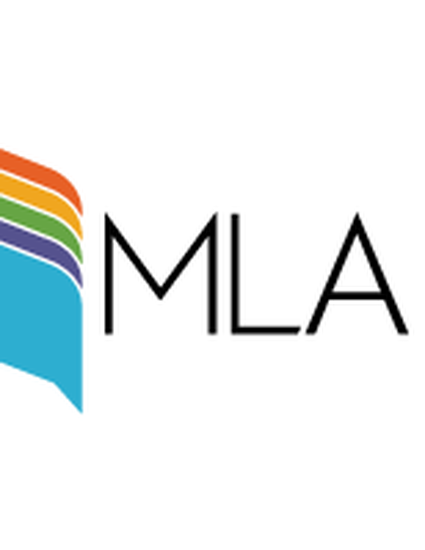
Presentation
Bridging the Gap in the Professionalization and Socialization of Graduate Students
MLA
(2012)
Abstract
Byrnes (2001) has suggested that the disconnection between language and literature instruction within many foreign language (FL) departments has consequences on the professionalization of graduate students. These structural issues lead to questions about graduate students’ development. How do teaching assistants (TAs) perceive their competency as “language” and “literature” instructors? What are the sources and consequences of their self-beliefs? Teacher self-efficacy (TSE) or “the extent to which a teacher believes he or she has the capacity to affect student performance” was explored to gain insight into TAs’ perceptions of teaching competence. This presentation will present a qualitative study that evaluated 10 French literature doctoral students’ TSE beliefs to teach literature and their accompanying sources, personal assessments and analyses, and consequences. Results revealed that although the TAs found the graduate program to be highly effective in its formation of literary scholars and language instructors, they found that the pedagogy of literature “falls in a gap between these two holes.” Findings revealed that coordinators and faculty may need to place more focused attention on the intersection of literary scholarship and the pedagogy of literature when training and socializing graduate students. Encouraging the discussion of literacy and the identification of the similarities among upper and lower division instructional objectives may help establish this bridge. Furthermore, departments may wish to provide further supervision beyond the standard required two years. Organized shadowing and observation of capable French literature professors with follow-up discussions of the pedagogy of literature could be exploited. Such pedagogical discussions could help ease TAs’ uneasiness about the mystique of literature instruction and they could begin to see their graduate professors’ roles as both literary scholars and literature professors. Furthermore, coordinators could guide TAs in their development of lower division pedagogical materials that incorporate textual interpretation and critical evaluation and conduct follow-up observations that provide feedback about the efficacy of the lesson implementation. Findings also revealed that simply providing TAs with experience teaching literature at the advanced level may not develop a legion of instructors who believe that they can effectively engage in FL literacy instruction. As Byrnes (2001) suggests, a re-articulation of language programs may be a first step in the right direction. The TAs may perceive great differences among upper and lower division FL courses because these differences may indeed exist. This re-articulated instructional sequence may be necessary, not only for our FL students but for the effective formation of our TAs. Courses or workshops offered about developing literacy, as suggested by Byrnes & Kord (2001), may also assist in bridging this gap. Panel discussions could be organized with language acquisition specialists, literature specialists, and graduate students in attendance. In such forums, graduate students may move away from discussions of literature that focus solely on textual analysis and instead toward the pedagogy of literature and teaching philosophies that foster literacy among language learners at all levels. This presentation will present the findings associated with the current qualitative study and the previously described practical suggestions to prepare instructors to teach literature, analysis, language and culture in upper-level classes.
Disciplines
Publication Date
January, 2012
Citation Information
Nicole A Mills. "Bridging the Gap in the Professionalization and Socialization of Graduate Students" MLA (2012) Available at: http://works.bepress.com/nicole_mills/34/
